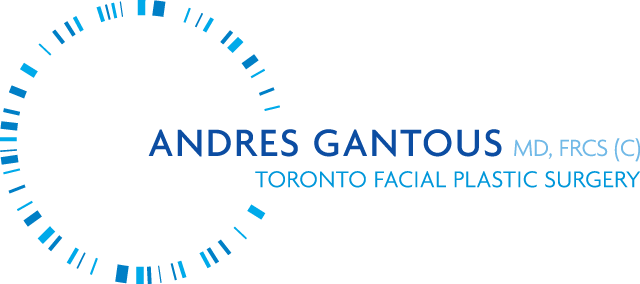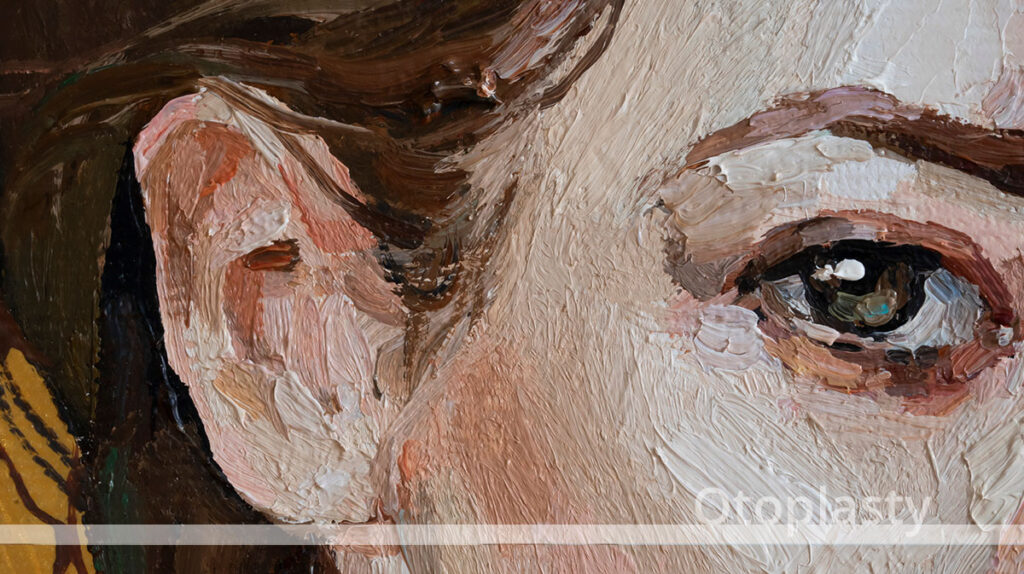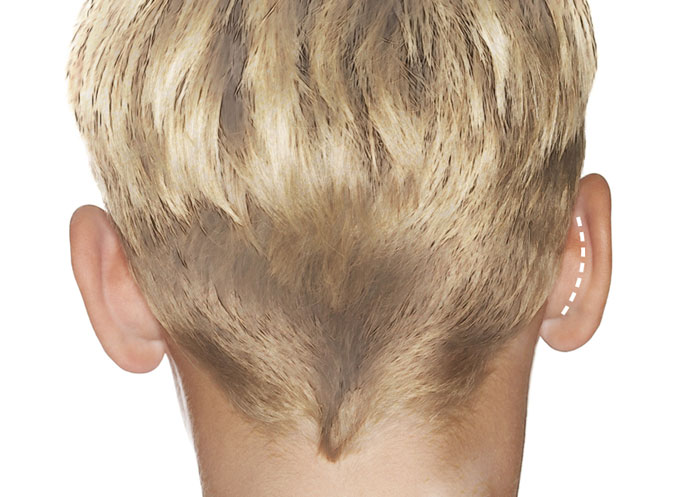Otoplasty, which is also known as ear surgery or ear pinning, is one of the most commonly requested facial plastic surgery procedures in the world. Many patients are unhappy with the shape, size, or excessive protrusion of their ears and would like to correct these cosmetic issues. Children as young as five years old (and in some cases, even younger) are eligible to undergo otoplasty procedures as long as their ears are fully developed.
Understandably, some patients and parents might have concerns regarding pain or discomfort, as well as the recover times. Talking to your otoplasty surgeon during your preliminary consultation should help clear up any misconceptions and answer all of your questions. But if you’re considering this procedure for yourself or your child, there are a few things you should know about otoplasty recovery first.
What to Do After Your Otoplasty Procedure?
First and foremost, it’s important to keep in mind that every client’s situation is completely unique and you should therefore follow all specific aftercare instructions given by your otoplasty surgeon. They’ll carefully examine your ears prior to the procedure and explain every step of the surgery to you. Unless you specify otherwise, you’ll most likely be placed under a local anesthetic, which means you’ll be awake during the procedure, but you won’t be able to feel anything in your ears.
Grogginess and drowsiness are major side effects of anesthesia, so make sure you have someone available to drive you home after the procedure.
Here are some general aftercare instructions following your procedure:
Keep Your Head Elevated
To facilitate proper blood flow, you’ll need to keep your head elevated as much as possible for the first few weeks after your procedure. Although some swelling in the days following the procedure is perfectly normal, keeping your head lifted will help reduce the risk of excessive inflammation and redness. Keep a set of comfortable pillows on hand at all times to help support your head in an upward position while resting.
Keep Your Head Cool and Dry During Recovery
Since you’ll be required to wear bandages to hold your ears in place for the first little while, it’s important that you keep your head cool and dry during the recovery period. Stay away from extreme heat and don’t use a blow dryer or any other heated hair styling tools. Post-surgery, your ears will feel numb, which means you won’t be able to feel any potential damage that can be caused by extreme heat and this can undo all of the work achieved during the procedure. If your ears start to get too warm or you feel any discomfort from the swelling, you can periodically apply an ice pack, but be careful not to leave it on too long to avoid getting frostbite.
Take Medications as Directed
Your otoplasty surgeon will prescribe certain medications to help alleviate pain and discomfort and bring down the swelling. Make sure you take these medications exactly as directed and set reminders, so you don’t forget.
Apply Topical Ointments That Are Provided
Your doctor will also provide you with topical ointments that should be applied to the incision areas on your ears. Make sure your hands are clean when applying the ointment and that you do so with great care to avoid irritation and infections. These ointments should be applied regularly to help minimize scarring and help the wounds heal quickly.
Maintain a Healthy Diet
As always, it’s extremely important that you maintain a healthy diet to facilitate a faster and more productive ear surgery recovery. Your body requires certain vital nutrients and vitamins in order to heal itself faster. In the beginning, you may experience some difficulty chewing solid foods. If this is the case, consider switching to softer foods or nutrient-dense smoothies to help you get the sustenance you need.
Wear Easily Removable Clothing
Button down shirts and anything with a zipper that goes up and down are highly recommended when recovering from otoplasty because pulling shirts over your head could damage the incisions or cause irritation.
Wear Dressings and Headbands as Instructed
Surgical dressings and headbands are meant to keep your newly situated ears in place following the otoplasty procedure. Removing or shifting them could interfere with the recovery process, leave you prone to infection, or cause serious injury to your ears. Make sure wear them exactly as directed by your otoplasty surgeon and keep them clean, dry, and cool at all times.
What to Avoid after Otoplasty Surgery
Here’s a list of things you should avoid or refrain from following your otoplasty surgery.
Avoid Touching or Rubbing Your Ears
No matter how itchy or uncomfortable your headband or dressing gets, you must avoid touching or rubbing your ears at all costs, even if it’s accidental. Be mindful of all your surroundings and try not to accidentally graze your ears against anything as this can cause serious pain, discomfort, and irritation.
Quit Smoking, If You Haven’t Already
If you haven’t quit smoking already, then you need to do so now because it can seriously hinder the recovery process by preventing proper blood flow and oxygenation throughout the body.
Avoid Rigorous Activity and Exercise
Even though otoplasty is typically an elective procedure, it’s still a major surgery and your body needs the proper time to recover. During this time, you should avoid rigorous activities such as heavy lifting and exercise. You can resume your regular exercise routine when your doctor gives you the green light.
Don’t Wash Your Hair with Shampoo for the First Week
Shampoo and other hair products contain certain chemicals that can irritate fresh incisions and prevent them from healing properly. For at least the first week, you should avoid washing your hair entirely.
Otoplasty Recovery Timeline and What to Expect
Complete otoplasty recovery can take up to six weeks and during that time, you can gradually start to resume your normal activities under the guidance of your otoplasty surgeon.
To learn more about otoplasty and special aftercare protocol, schedule a consultation at Toronto Facial Plastic Surgery. Dr. Andres Gantous is a world renowned facial plastic surgeon with well over 20 years of experience working in the field and he’d be more than happy to answer all of your questions and address your concerns.


